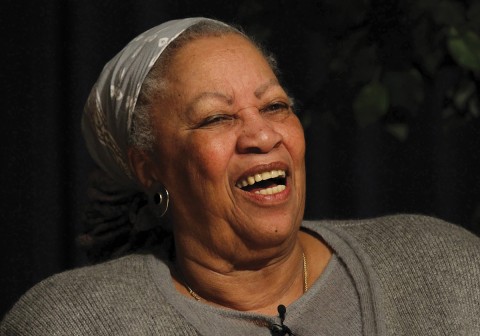The kinds of stories Toni Morrison told
No one has done more to transform the language for thinking about America’s racial past.

In recent years, visitors to Thomas Jefferson’s plantation in Virginia have received an unvarnished portrait of the Founding Father. Guides at Monticello make it clear that the plantation ran on the backs of enslaved people and that Jefferson, coiner of the phrase “all men are created equal,” bought and sold human beings. The brilliant writer of the Declaration of Independence was the overseer of a forced labor camp.
These facts and ironies are too much to absorb for some white visitors, who complain that guides are bashing Jefferson and politicizing the tour by spending so much time on the African American experience. The Washington Post reported recently that an increasing number of visitors’ negative reviews complain of “political correctness.” Many people don’t want to hear about the shameful past or about what it was like to live in bondage.
How do we talk about the past and tell the complicated truth about our identity as Americans? It is, inevitably, a political question, for it asks us to decide whose stories matter and who gets to tell them. The answer we give is powerfully shaped by the language we choose. Do we refer to “Mr. Jefferson’s people” or “enslaved people”? Do we say that Jefferson fathered children with Sally Hemings or that he forced himself upon a woman he owned?




